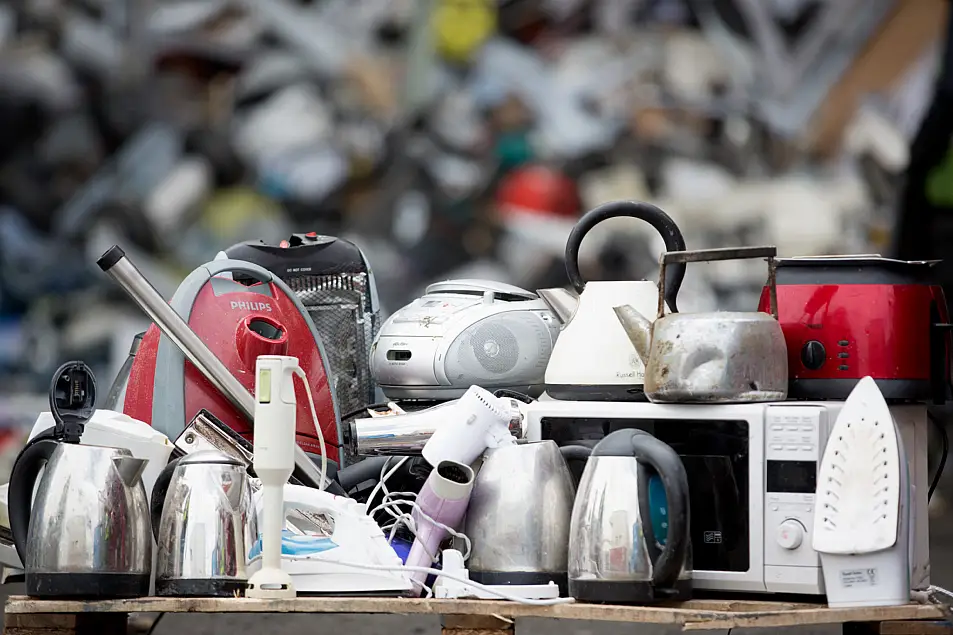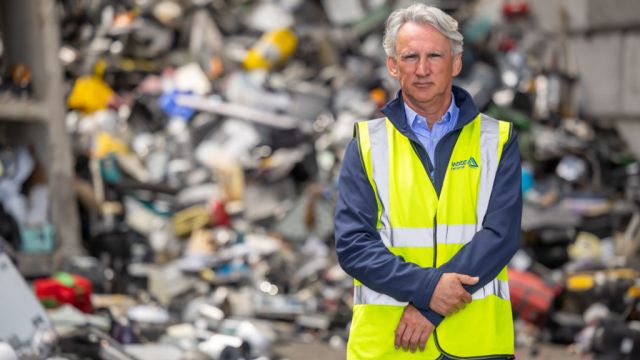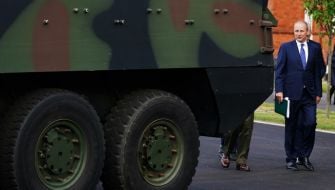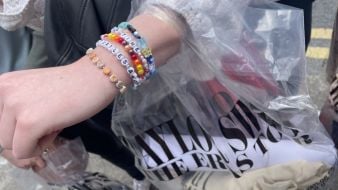Irish consumers recycled a record-breaking 41,730 tonnes of electronic and electrical waste in 2023 – the equivalent of almost 200 40-foot containers more than the previous year, new figures reveal.
The annual Waste Electrical and Electronic Equipment (WEEE) report shows that approximately 18.1 million appliances were collected for recycling in Ireland.
WEEE Ireland’s chief executive has said the need to recycle more critical raw materials will rise as the population grows.
“Most householders have a hidden treasure trove of broken, unused or unwanted electrical equipment in their homes,” Leo Donovan said.
“They hold the key to recycling them, giving them a new lease of life so we can recover the critical raw materials they contain.”
The e-waste haul saved from landfill in 2023, up from the 40,767 tonnes collected in 2022, included two million lighting items, a quarter-of-a-million TVs and over half-a-million large household appliances, including fridge freezers.
In addition, 750,000 vapes were also collected after the national recycling scheme implemented its first dedicated takeback programme for waste e-cigarettes and vapes last year through WEEE Ireland Blue Battery Boxes.

Over 15 million small appliances such as coffee makers, calculators, kettles and keyboards, along with the equivalent of 66 million used AA batteries, also made their way into the circular economy.
“Over the last two decades, WEEE Ireland has developed a highly efficient, free national takeback system, enabling our country to outperform EU recovery targets,” Mr Donovan said.
“Our investment in first-class, indigenous recycling facilities ensures we fully maximise the quality and value of the resources – with over 80 per cent of materials recovered for reuse.
“While this is a major achievement for our country, we can’t stand still, particularly when it comes to recycling small electrical products to ensure we have the materials needed for current and future product manufacturing.”
The Critical Raw Materials Act came into effect in Ireland last month, and by 2030, 25% of strategic materials such as lithium, copper and cobalt must be sourced from recycling systems within Europe.
Europe currently imports 80% of its rare earth elements, gallium and magnesium, from China.
“With finite resources, it is also vital that we support Ireland’s new National Waste Development Plan, transitioning from the traditional ‘take-make-use-dispose’ model to one where electrical and electronic devices are being reused or repaired to minimise waste generation,” Mr Donovan said.
The annual report also revealed that 54 per cent of e-waste was collected from retailer sites, 26% from local authority sites and 20% from WEEE Ireland’s network of collection points.
Consumers are encouraged to bring old and broken appliances for free recycling, to their nearest local authority civic amenity centre or participating electrical retailers, with no purchase necessary.
Information about recycling e-waste and upcoming free public recycling days can be found at www.weeeireland.ie.







